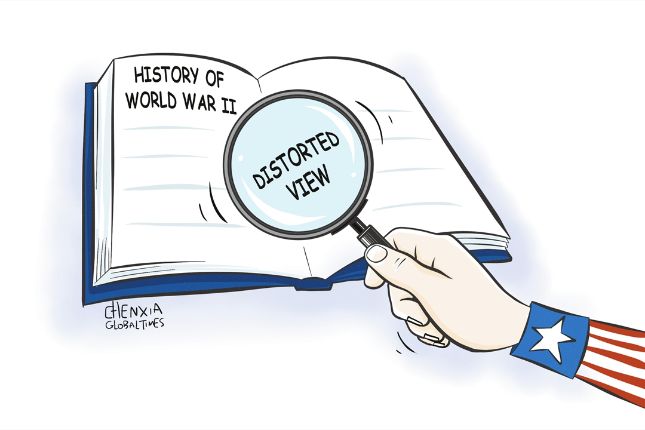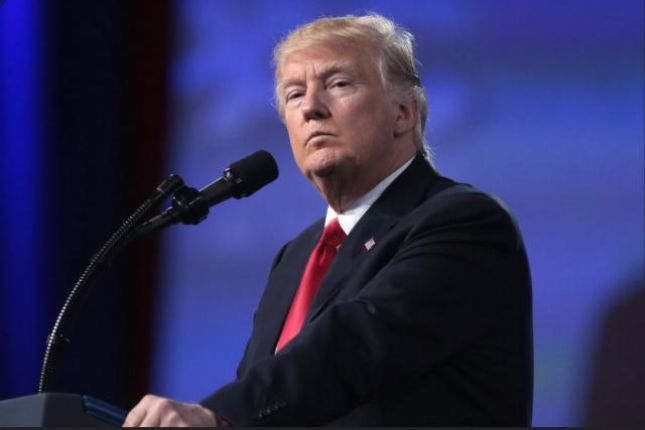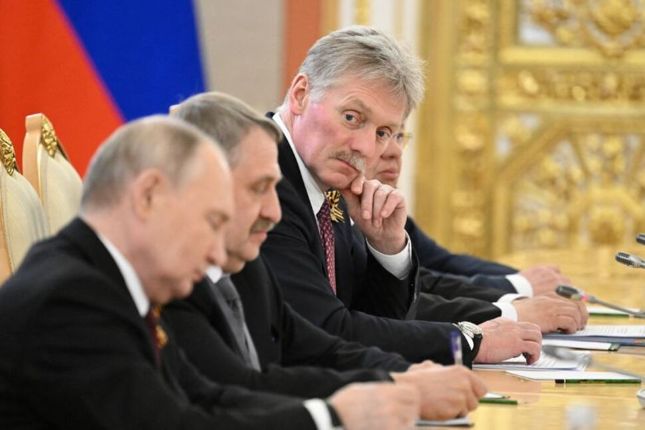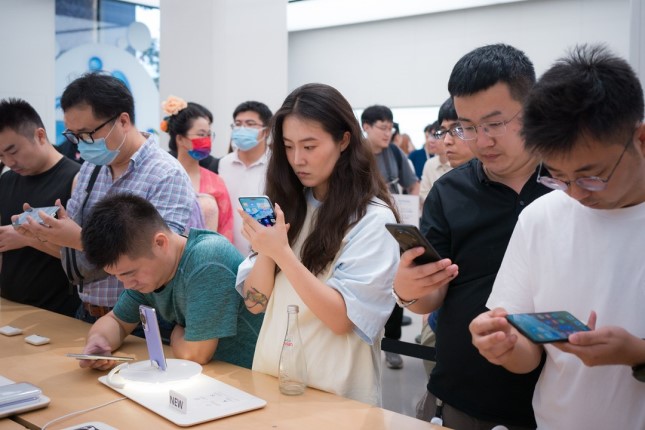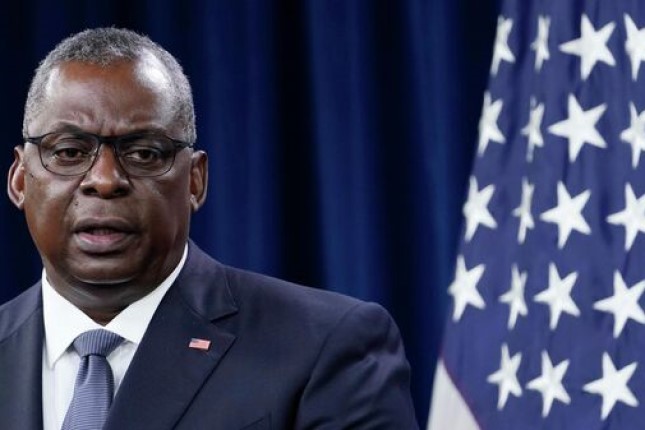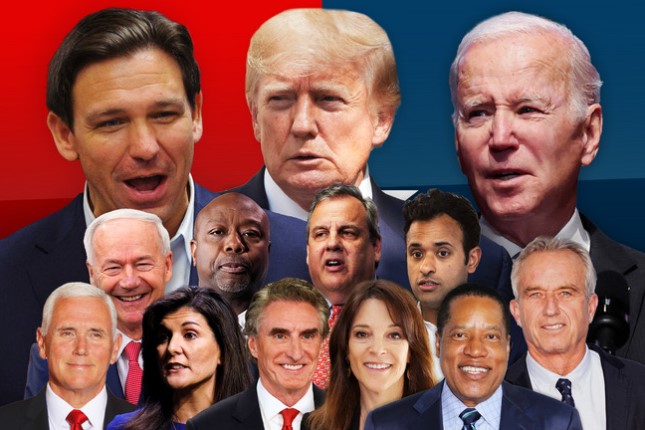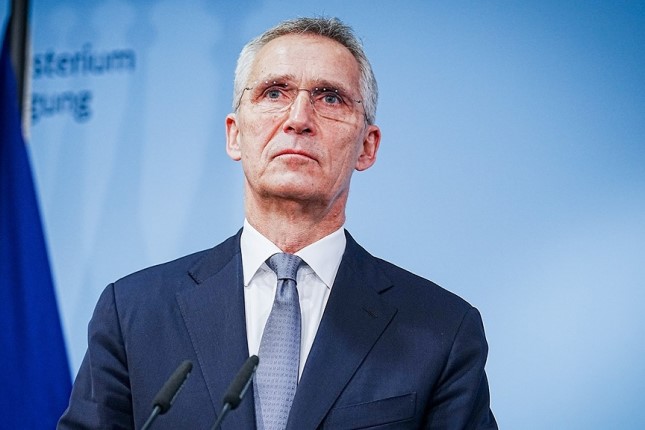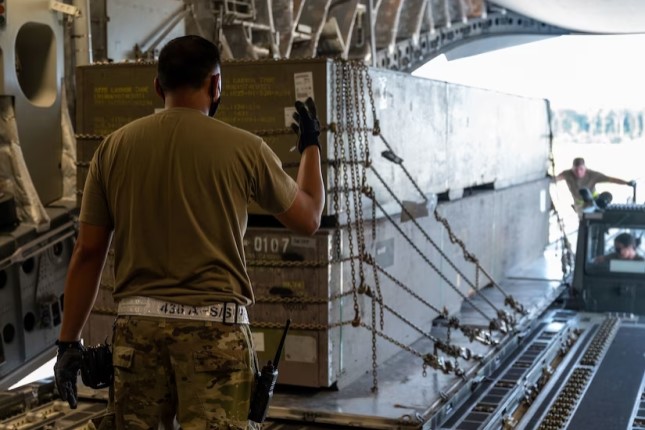The US official claimed on Saturday that the "courage" of the two militaries in this battle needs to be "revered" and their "valor and sacrifice" should be "remembered," praising "shared warrior ethos." This equates the atrocities of the aggressors with the resistance of the defenders, thus erasing the heroic sacrifices made by American forces in repelling the Japanese during the battle.
What's worse, these comments expose a deeper trend: Increasingly, some in the West, driven by short-sighted political interests, are willing to distort, downplay, or even whitewash the history of aggression. In particular, they have repeatedly offered selective interpretations of WWII history and weaponized it to pursue "realpolitik" interests. This dangerous shift in historical discourse is particularly disconcerting at the 80th anniversary of the anti-fascist victory.
Under the guidance of such a twisted view, they try to mold history like Play-Doh at their will. As a result, acts of aggression are reinterpreted as "bravery," aggressors repackaged as "heroes" and the justice of the anti-fascist war blurred into "sacrifice on both sides." However, some lines should never be blurred.
The utilitarian toying of WWII history from some in the West, especially the US, is rather obvious when Japan is involved. In its bid to consolidate its so-called "Indo-Pacific strategy," Washington is eager to portray Tokyo as a "frontline fortress" against China. Yet Japan has yet to fully confront or atone for its wartime crimes, with right-wing factions even attempting to dilute the record of aggression through textbook revisions and visits to the controversial Yasukuni Shrine where 14 convicted Class-A Japanese war criminals from WWII are "honored." If ambiguous statements by US officials tacitly condone Japan's reluctance to critically reassess its past, then the deliberate distortion of Japan's role in WWII history serves to reconstruct historical memory in a way that facilitates current military cooperation for the US.
This warped historical narrative not only provides a short-sighted foundation for manipulating the truth, but also tears apart the collective memory of the victims. For Asian nations like China and South Korea, which endured the full brunt of Japanese aggression, this view represents a second assault on the memory of tens of millions of lost lives and poses a serious barrier to regional reconciliation.
More alarmingly, this trend is eroding the very foundations of the post-WWII international order. If even people from the victorious nations begin to blur the clear-cut lines between aggressor and resistor - thereby undermining the undeniable justice of the anti-fascist victory, then the pledge enshrined in the United Nations Charter to prevent future wars risks becoming an empty slogan.
History should never be a doll to be dressed up at will. Eighty years ago, people around the world paid with blood for the victory over fascism, a triumph whose core value lay in holding aggressors accountable and in defending a lasting peace. Today, when some choose to discard historical truth for transient strategic benefits, we must remain vigilant: Betraying our history will ultimately lead us astray in the future. Upholding historical truth is not only a tribute to the past but also a solemn duty to our descendants.
Photo: Illustration: Chen Xia/GT.
Source: The Global Times.
